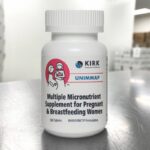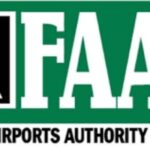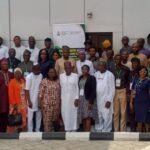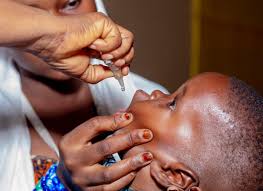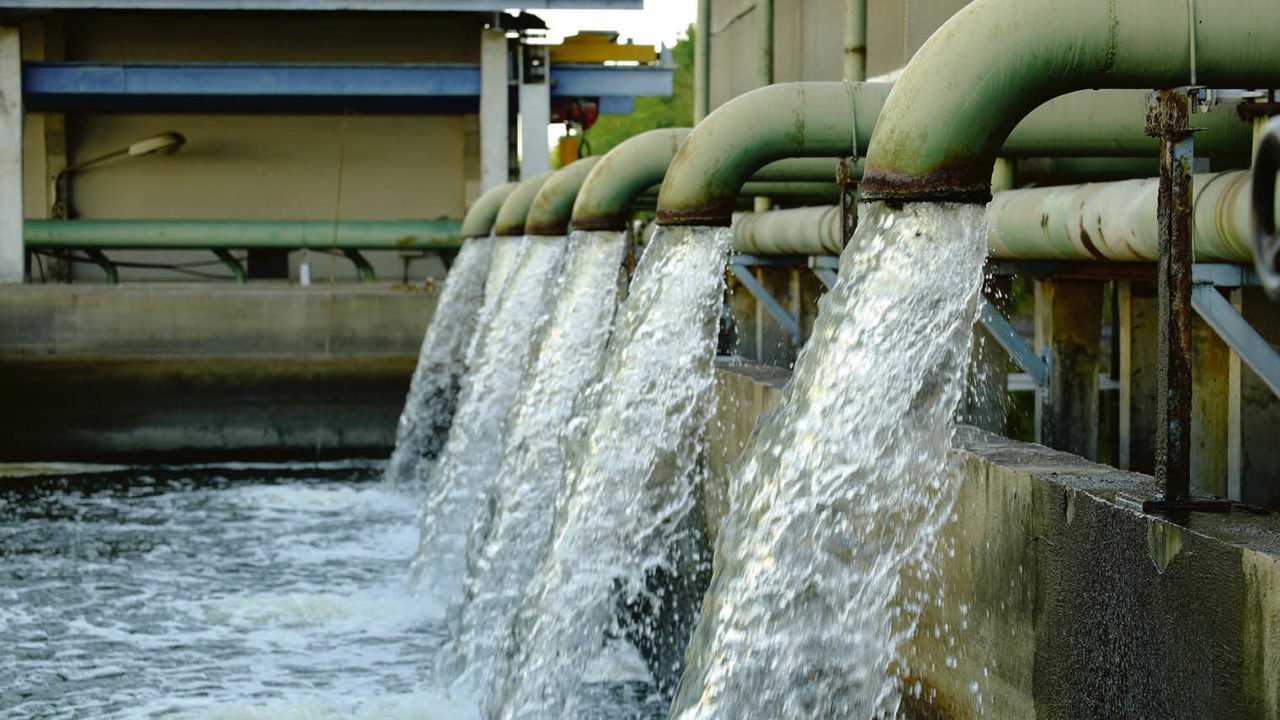Cross River records high measles–rubella vaccine uptake
By Abujah Racheal Cross River has recorded high acceptance of the measles–rubella (MR) vaccination campaign, driven by school sensitisation, community mobilisation, and coordinated efforts by health workers, government agencies, and development partners. The campaign, part of Nigeria’s national effort to eliminate measles and rubella, is being implemented across all 18Continue Reading



